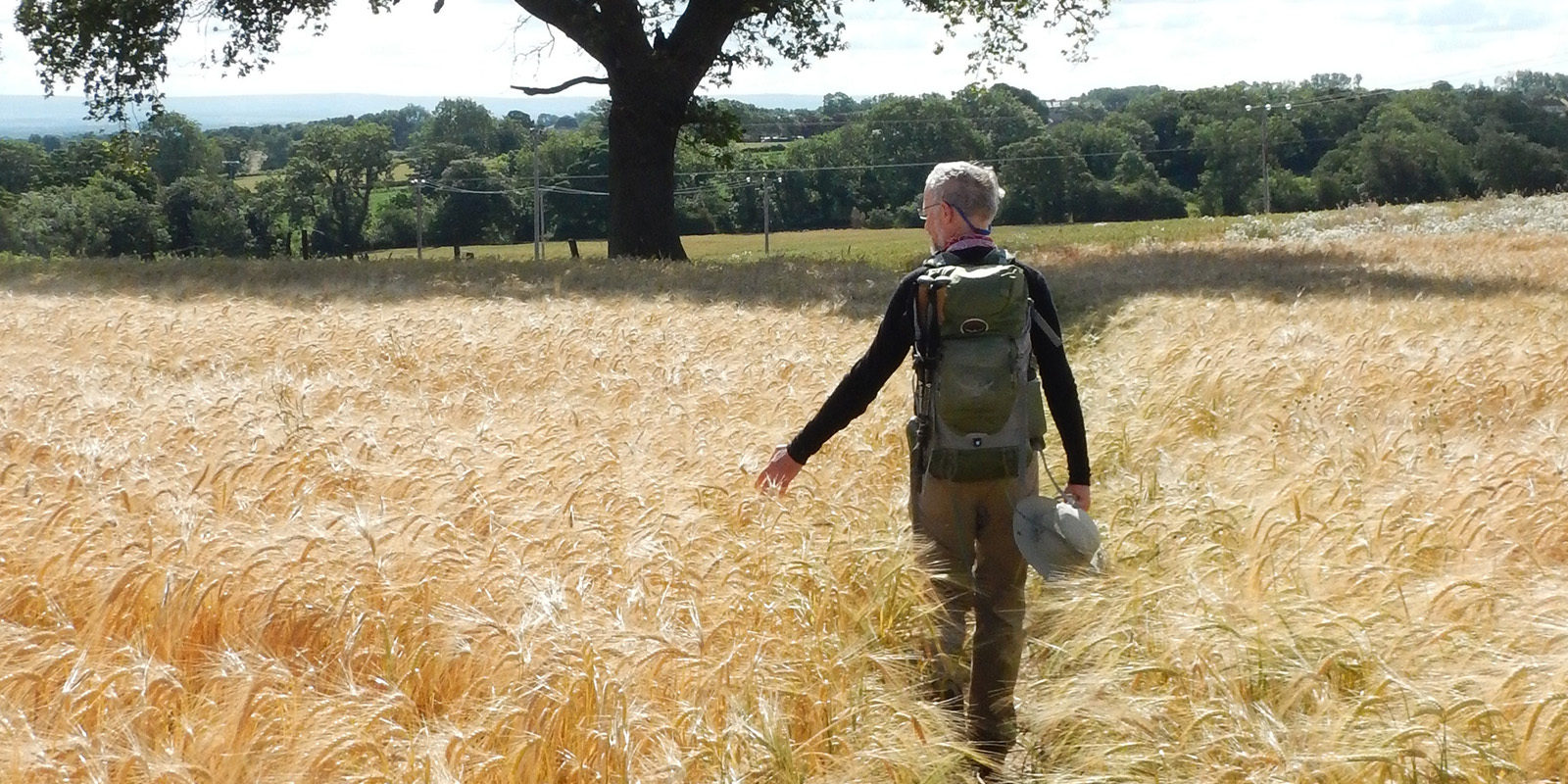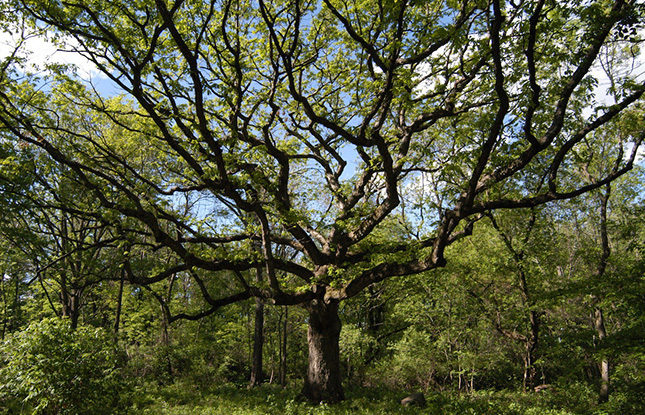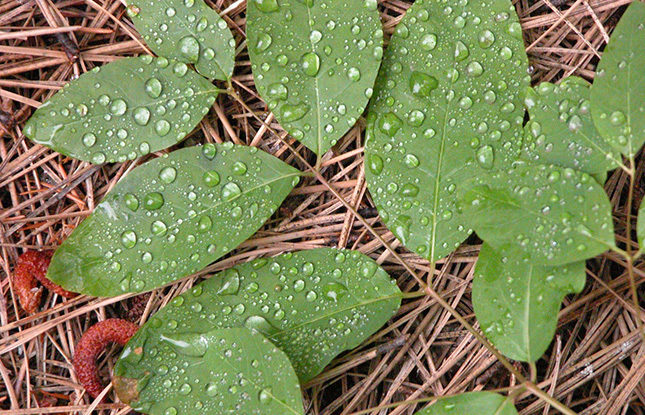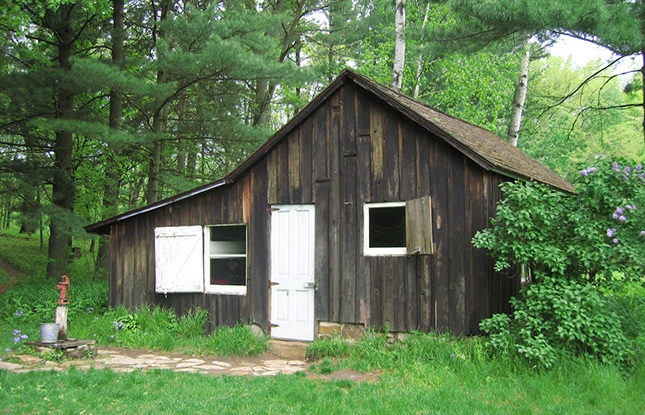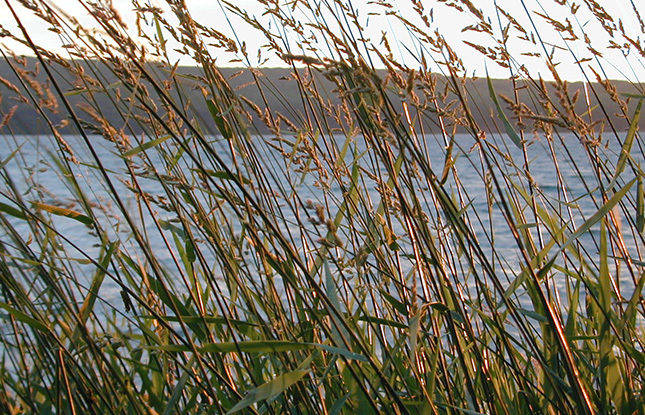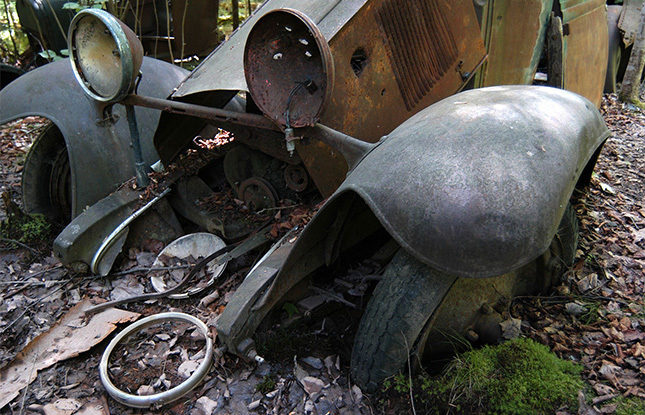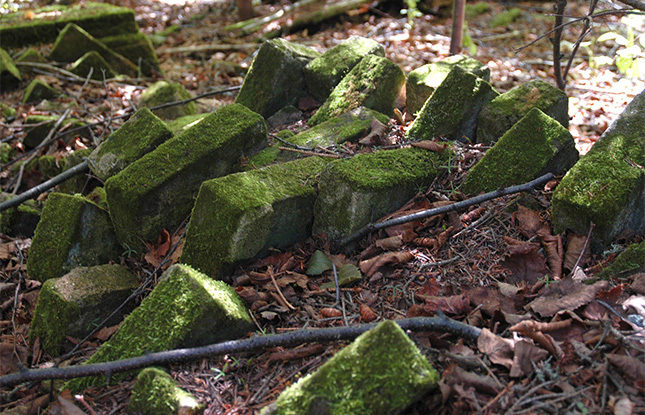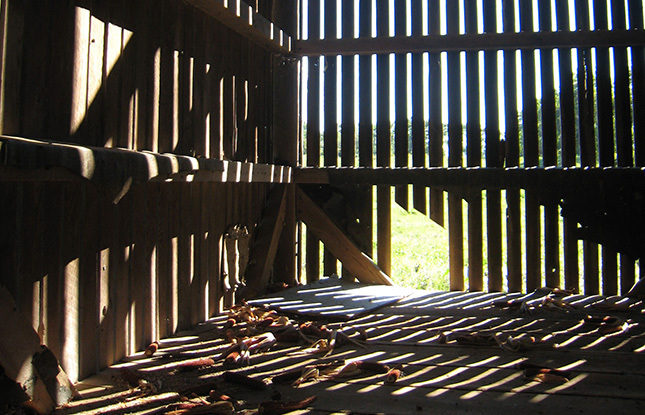William Cronon hadn’t expected his retirement from UW-Madison to be affected by COVID-19. In fact, Cronon, the former Frederick Jackson Turner and Vilas Research Professor of History, Geography, and Environmental Studies, hadn’t really been thinking about how to mark his retirement at all until the pandemic suddenly intervened and seemed to render his departure almost invisible.
On Saturday, April 30, Cronon will return to the UW-Madison campus for the first time in more than two years to participate in “Common Places: Keywords for a More Than Human World,” a day-long conference organized by his former PhD students that will double as a belated retirement fete for the legendary emeritus professor (Cronon’s official retirement from the university occurred at the end of 2020). It’s a delayed gratification, an overdue opportunity for the faculty, staff and students whose lives he touched to reconnect with a beloved friend.
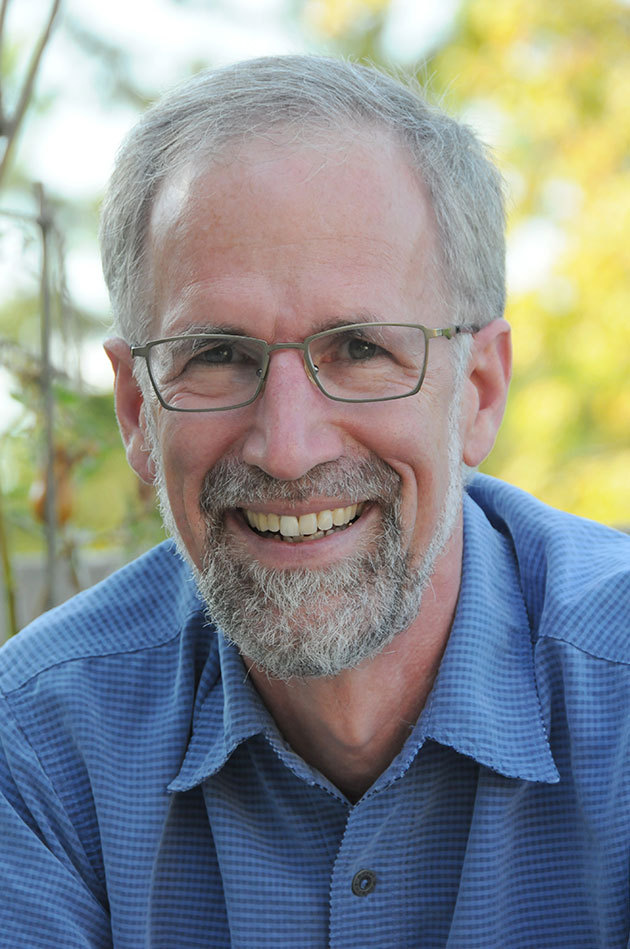
“When I speak at my retirement celebration, it will be the first time I’ve spoken at a podium in two-and-a-half years,” Cronon says. “I haven’t had a gap that long since middle school.”
In the keynote address he’ll give as part of the conference, Cronon will zero in on the first two words of the event’s title. They’re a direct reflection of the mantra that has guided most of his nearly-three-decade UW-Madison career and fueled his exploration of America’s environmental history, beginning with his seminal book, 1983’s Changes in the Land: Indians, Colonists, and the Ecology of New England.
“You can read the title of the conference geographically as ‘common places’ or you can read it linguistically as 'commonplace’—both point at things we take for granted in this world,” says Cronon. “The question I’ve asked throughout my career as a writer and teacher is, how do I help people who take the world for granted stop taking it for granted?”
Cronon lives in Winnipeg, Manitoba now, having married his second wife and moved there because she’s a professor of Middle Eastern history at the University of Manitoba. He’s a father again, this time to a ten-year-old stepson. He has felt both inspired and cornered by his pandemic-fueled isolation. And, more than 15 years later, he still feels the loss of his father—E. David Cronon, who was once the dean of UW-Madison’s College of Letters & Science—the man he credits with instilling in him a sense of duty, citizenship and service to community.
“In all my activities, all the things that I do, one phrase drives me: ‘the common good,’” Cronon says. “That phrase has immense power for me.”
To Cronon, land and landscape have always been embodiments of “the commons,” which is a big part of why he’s devoted his career to writing about them.
“How do we care for each other in this common place?” he asks. “That question underlies everything I do.”
During his time at UW-Madison, Cronon became one of the university’s most thoughtful and respected voices. His famous “Last Lecture,” a final-day-of-class musing on the ways students should view and interact with their world, routinely packed his lecture hall, and often moved the students in his American Environmental History class to tears. (The university produced a three-minute video based on the 2013 version, and it still collects YouTube hits.)
From his home in Manitoba, Cronon continues to work on two big research projects: the first, a sweeping macrohistory on “The Making of the American Landscape”; and the second, an equally sprawling microhistory of Portage, Wisconsin. While he’s here in Madison, he’ll collect the 80 cartons of research notes for the latter book that he still has stashed away in Science Hall.
“The two books complement each other. Both tell stories of the making of America, one on the scale of the continent, the other on the scale of a small town in Wisconsin,” Cronon explains. “But they’re ultimately the same stories.”
In a sense, Portage is a microcosm of the factors and influences that have shaped Cronon’s career. Three seminal figures in environmental history—Frederick Jackson Turner, the author of the frontier thesis, John Muir, the “Father of National Parks,” and Aldo Leopold, the pioneer of wildlife ecology—all had intimate ties to the landscapes surrounding this town. At the same time, the Euro-American settlers who founded Portage displaced Native peoples who had lived there for generations; today, Cronon would say, the city cannot help but be part of the complex American challenge of honoring its own past while also recognizing and grappling with the racist legacies of that past.
As he shapes his narrative, Cronon is using the same approach he used in the classroom with his students and in writing his other books: deploying a macro, birds-eye view to better grasp the critical down-to-earth details of a complex community.
“We study the past to know where we come from,” Cronon says. “But ‘we’ has become a fraught pronoun. Imagining a ‘we,’ where we work together to serve the common good, isn’t as easy as it sounds anymore. The story of Portage – like the larger story of the United States itself – is about the shifting boundaries and meanings of this ‘we’ as we try to understand and work together despite our differences.”
Cronon’s legacy as a teacher and forward thinker still burns brightly on campus, even though he’s now camped in a different country. The Center for Culture, History, and the Environment (CHE), the multidisciplinary environmental research unit Cronon helped found during his time at UW, still thrives under the auspices of the Nelson Institute for Environmental Studies. Cronon is proud of his time directing the Honors Program in the College of Letters & Science in the mid-90s, when he used the phrase “Pathways to Excellence” to help launch the L&S Writing Fellows program, the Undergraduate Research Scholars program and Chadbourne Residential College, all with the goal of helping UW undergrads discover their own capacities for different forms of “excellence” – in writing, research, and community.
And, most of all, he’s proud of the many students he mentored over the years.
“Being able to work next to these young people and model for them what an engaged adult life can look like, sharing knowledge and skills you really care about so they too can experience the joy of work they love—that has been a very special experience for me,” he says.
Dozens of these former students will be in attendance when Cronon returns for the last weekend in April to Wisconsin, where he’ll get the chance to reconnect with both the people—and the place—that will always remain dear to him.
“I knew I wanted to be a writer and teacher long before I wanted to be a historian,” Cronon says. “And I have always known that Wisconsin is in my bones.”
